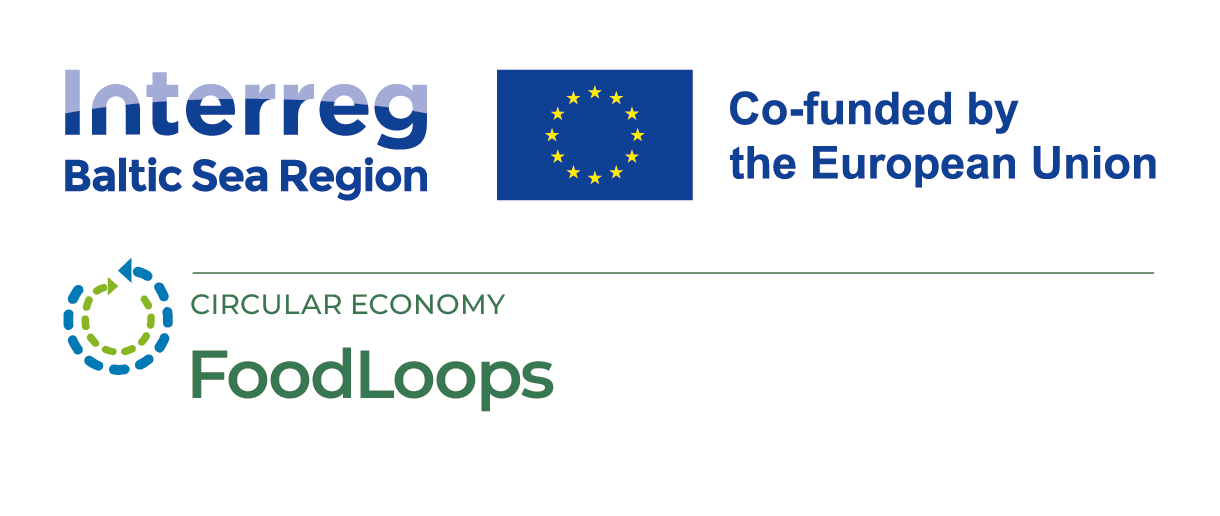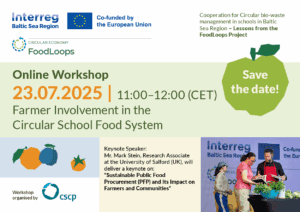
Meeting on Farmer Involvement in the Circular Food System
18 August 2025

The workshop on Farmer Involvement in the Circular Food System brought together project partners, policy makers, and experts to discuss how sustainable procurement can strengthen local food systems while supporting farmers and schools.
The session opened with a presentation by a German FoodLoops project partner, who introduced the project concept, highlighted key challenges, and shared examples as well as links to the project’s manual. This was followed by a keynote from Mark Stein on Sustainable Food Procurement and its potential to benefit both farmers and communities. Stein emphasized that sustainable procurement should prioritize organic food, animal welfare, climate-friendly choices, and local products. He underlined the value of scratch cooking, which is both healthier and more affordable, and the importance of seasonal menus for strengthening local suppliers. Drawing on international examples, he compared Sweden’s highly decentralized procurement system, Denmark’s centralized approach, and the UK’s regional and national purchasing structures.
After the introduction of experts, a roundtable discussion gave space for diverse perspectives:
-
A Polish farmer representative highlighted policy shortcomings in Poland, unfair wages for farmers, and the ongoing struggle with organic food prices, which burden both farmers and schools.
-
Another Polish farmer representative pointed to the high transitional costs for schools, the need for additional budgets and equipment, and suggested appointing external coordinators to better link schools with suppliers. He also stressed the need for supportive political frameworks and stronger farmer supply networks.
-
A FoodLoops partner from the Municipality of Gdańsk raised concerns about procurement challenges, including the delivery of high-quality organic products and the importance of monitoring standards.
-
A scientist from Lithuania emphasized the effectiveness of procurement chains, the need for risk evaluation, and the importance of benchmarking safety standards. She also highlighted the need for better knowledge-sharing between schools and farmers to overcome fragmentation in the supply-demand process.
-
A representative from the Ministry of Agriculture underlined the difficulty of establishing long-term contracts due to economic constraints but encouraged greater involvement of local authorities as a supportive mechanism.
The session concluded with remarks from the German FoodLoops partner, who stressed the importance of collaboration across all actors in building resilient, circular food systems that benefit schools, communities, and farmers alike.
Participants included representatives from municipalities, research institutions, ministries, and farmer associations, with broad engagement from farmer networks in Germany, Poland, and Lithuania.





